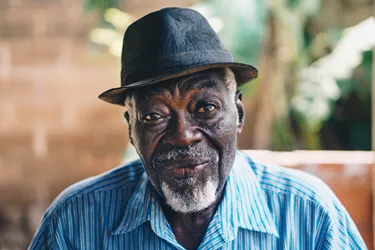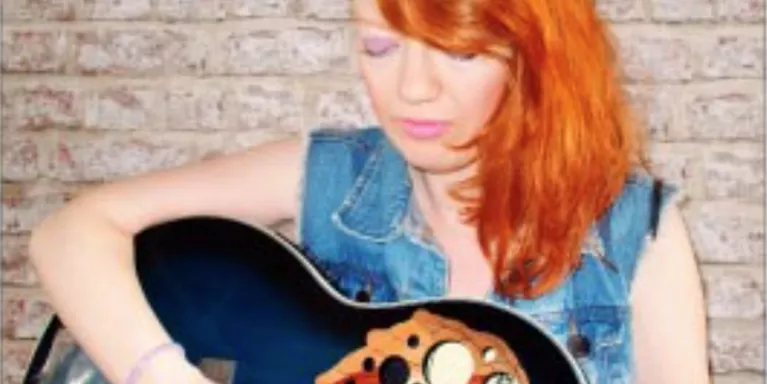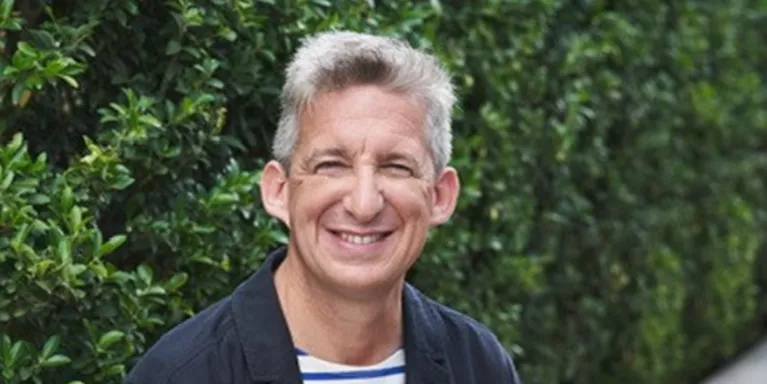A journey to recovery through art
Andy Hollinghurst, an artist and campaigner for mental health charities discusses how art, especially painting has been a release for him and has helped him on his journey to recovery.
I used to be a Head Teacher. But the ravages of a small school take their toll, especially for somebody with anxiety. Can you imagine the variables of disaster that lurk within a school when you are responsible for the staff, pupils, buildings, parents, advisors and the dinner ladies?
When you have anxiety you try to prevent problems, cross every 't' dot every 'i' and pre-empt potential pit falls. It felt impossible in a school. On the surface I was Mr Congeniality; always calm and cool, in control, and organised. But in my head I was slowly burning out. Being proud, and determined not to look weak, I did not ask for help because after all I had my family to support.
I don't intend on going into the finer details in this blog about what happened to me in words, but I want to talk about how painting has helped me to come to terms with my mental illness.

Initially I painted because I wanted to communicate my internal feelings in a visual way. I felt as if my life was enclosed by a dark cloud that I could not break through. Laughter did not come easily and I felt that my emotions were out of control, it was like an uneasiness in the pit of my stomach. When I painted I left the unease behind and expressed my feelings through art.
When I paint, I often wonder afterwards, 'How did I do that?' It brings with it a sense of achievement that I cannot get any other way. I discovered through counselling that I was ruminating and over analysing every decision to such an extent that I even did it unconsciously when asleep. But when I paint I lose sense of time and the anxious thoughts are no longer there.
"Painting becomes an extension of my thoughts, and colour and light can express my moods."
As a teacher you have 6 months to recover, but it has taken me ten years.
It can be a lonely place but luckily I had the support of my family. When you have a deep depression it isolates you and makes you insular, turned in on yourself and this can be a struggle for your loved ones. It's a feeling in the pit of your stomach an unease, a need for 'deep rest,' yet you can't sleep or find solace.
"This sadness puts pressure on all around you, like a storm brewing."
It is when you begin to acknowledge that something needs to be done that you eventually find the way to start climbing out of this sadness. Knowledge is the key, along with the right kind of help and support. It was when I went to my local Mind and received counselling that things started to make sense to me again.
Last year I stopped chasing here, there and everywhere and as a consequence doors are opening and I am able to offer my story and knowledge to others. I feel I have a greater confidence in my artwork and the light is certainly getting brighter.

Information and support
When you’re living with a mental health problem, or supporting someone who is, having access to the right information - about a condition, treatment options, or practical issues - is vital. Visit our information pages to find out more.
Share your story with others
Blogs and stories can show that people with mental health problems are cared about, understood and listened to. We can use it to challenge the status quo and change attitudes.

















